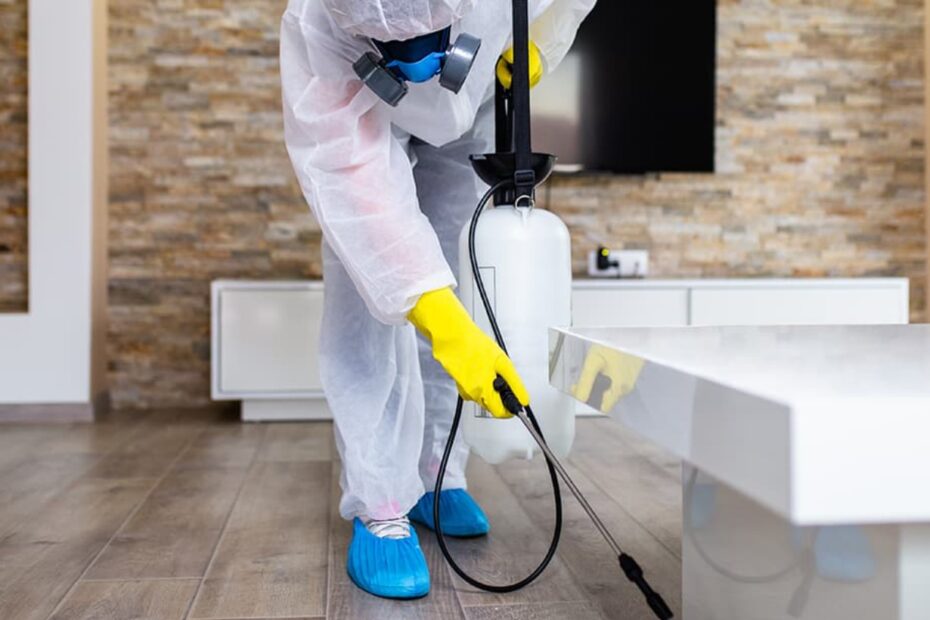Are you looking for Does Homeowners Insurance Cover Pest Control? Typically, these policies do not extend to pest control or damage caused by pests, placing the responsibility of prevention and treatment on the homeowner.
When it comes to homeowners insurance, understanding the intricacies of what is and isn’t covered is essential. Many homeowners assume their policy will cover all aspects of home damage, including pest infestations. However, this is not always the case.
Key Takeaways
- Homeowners Insurance Exclusions: Commonly excludes pest-related damages.
- Responsibility for Prevention: Homeowners are typically responsible for pest prevention and control.
- Additional Coverage Options: Some policies may offer additional coverage for specific circumstances.
- Regular Maintenance Importance: Regular home maintenance can prevent pest-related damage.
Does Homeowners Insurance Cover Pest Control?
No, homeowners insurance typically does not cover pest control or damage caused by pests like termites, rodents, or insects. Pest infestations are generally considered preventable through regular home maintenance, and therefore, are excluded from standard homeowners insurance policies.
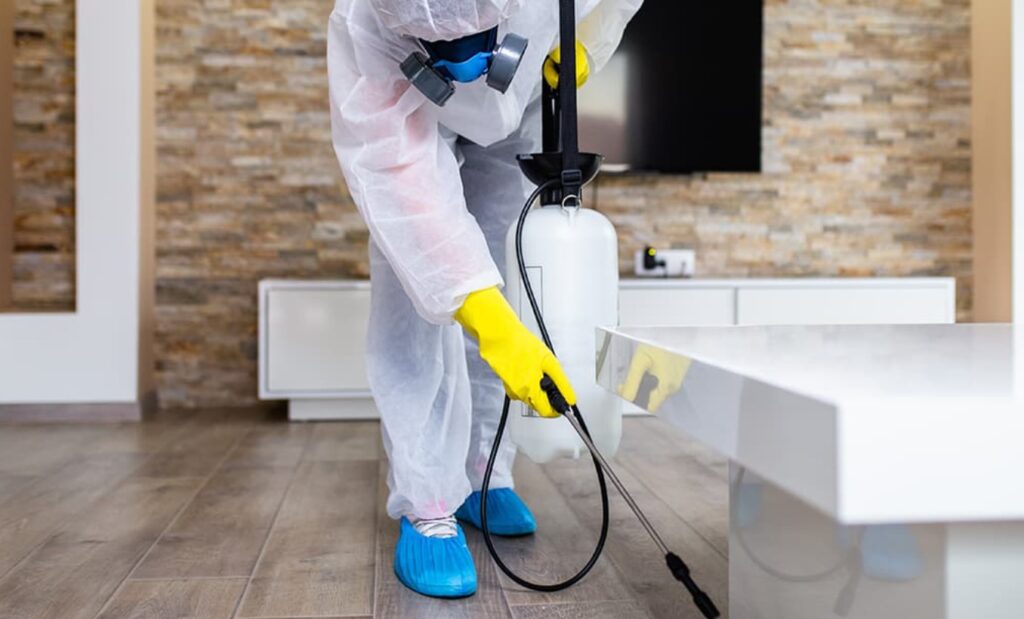
Standard Homeowners Insurance Policies
In standard homeowners insurance policies, there is a clear exclusion for damage caused by pests. This is because insurance companies view pest infestations as preventable through proper home maintenance. For instance, damages from termites, rodents, or other common pests are not usually covered.
Exceptions and Specific Scenarios
There can be exceptions where a policy might cover damages indirectly caused by pests. For example, if a pest-damaged structure leads to an insured peril like a collapsed roof, the resulting damage might be covered. However, these cases are rare and specific to the policy terms.
Responsibility of Homeowners
Prevention and Maintenance
Homeowners are generally expected to take proactive steps in maintaining their property to prevent pest infestations. Regular inspections, proper sanitation, and immediate action at the first sign of pests are crucial in mitigating the risk of damage.
Understanding Policy Terms
It is vital for homeowners to thoroughly understand the terms and conditions of their insurance policy. Knowing what is covered and what is not can save significant time and money in the event of pest-related damage.
Additional Coverage and Insurance Options
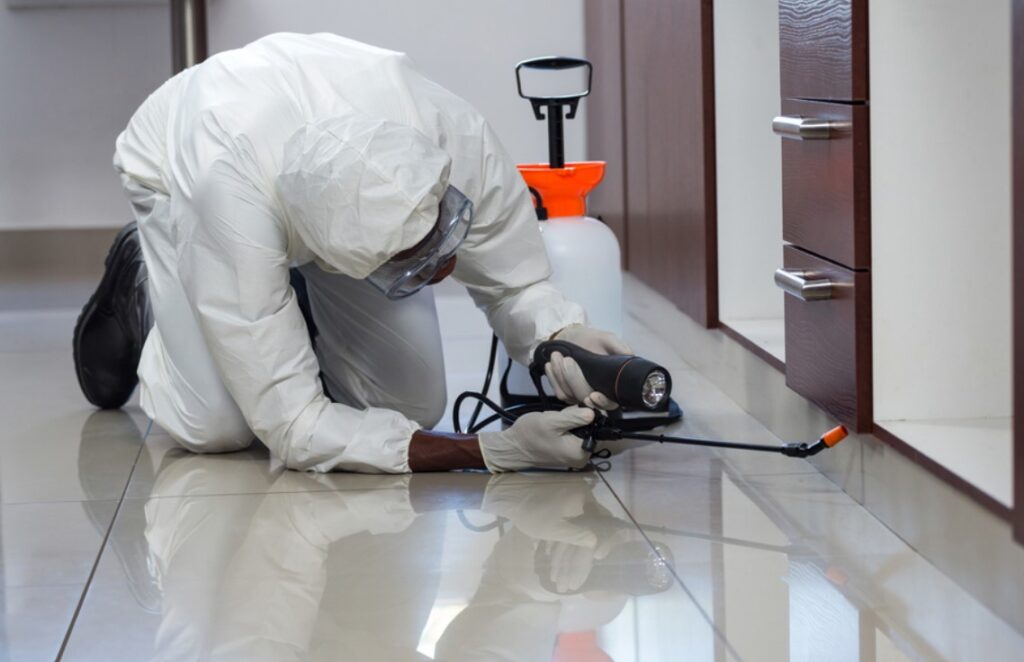
Endorsements and Riders
Some insurance companies may offer additional coverage options for pest-related issues through endorsements or riders. These are add-ons to the standard policy that provides extra protection but at an additional cost.
Specialized Pest Insurance
In areas prone to specific pests like termites, homeowners might find specialized pest insurance beneficial. This coverage is designed to address the unique challenges posed by certain pests.
The Importance of Regular Home Maintenance
Regular maintenance is not only essential for preventing pest infestations but also for ensuring your insurance policy remains valid. Neglecting maintenance can lead to denied claims if an insurer deems the damage preventable.
Assessing the Limits of Your Homeowner Insurance
Understanding Exclusions and Limitations
It’s imperative to recognize that each homeowners insurance policy has its own set of exclusions and limitations. These exclusions often encompass damage caused by neglect or failure to maintain the property, which includes pest infestation. Understanding these exclusions can help homeowners prepare for potential gaps in coverage.
Reviewing Your Policy Annually
Annual policy reviews are crucial. As your property changes and insurance policies evolve, it’s important to ensure that your coverage aligns with your current needs. This might involve discussing potential pest risks with your insurance agent and understanding how your policy would respond in different scenarios.
Strategies for Pest Prevention and Mitigation
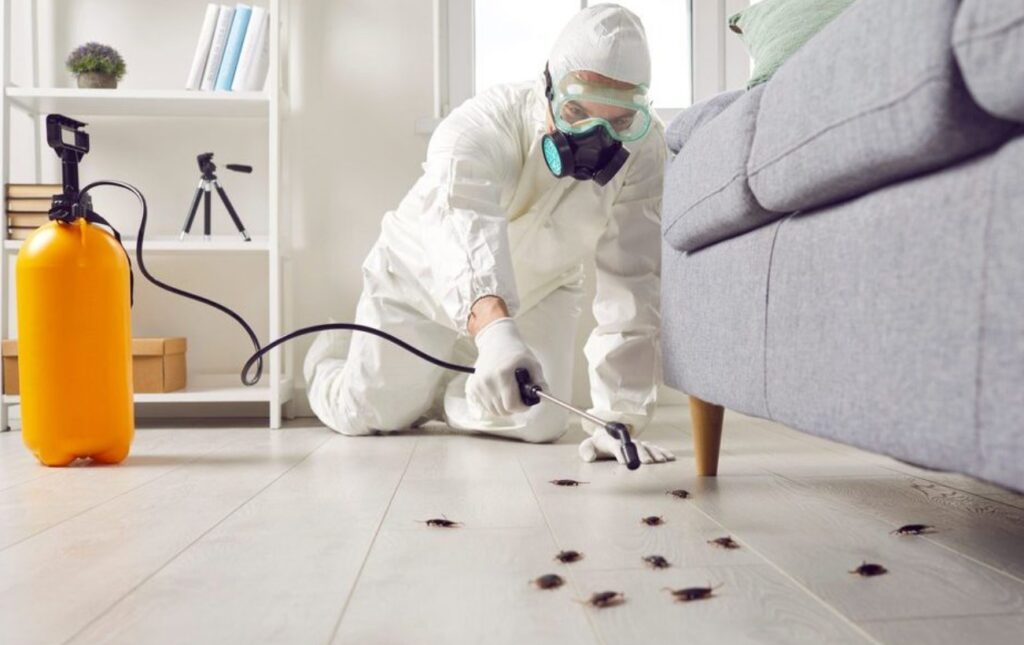
Implementing Effective Pest Control Measures
Beyond regular maintenance, implementing targeted pest control measures is key. This might involve sealing entry points, removing potential nesting sites, and employing pest control services. These actions not only prevent infestations but also demonstrate to insurance providers that you’re actively managing these risks.
Responding to Infestations Promptly
If an infestation occurs, prompt response is critical. Quick action can prevent the spread and minimize damage, potentially avoiding scenarios where insurance claims are necessary. Documenting these efforts can also be beneficial in the event of an insurance dispute.
Alternative Insurance Solutions for Pest Damage
Exploring Specialized Pest Insurance Policies
For homeowners in high-risk areas, specialized pest insurance policies can be a worthwhile investment. These policies are specifically tailored to cover damage from certain pests, offering a layer of protection that standard homeowners policies do not provide.
Understanding Riders and Add-Ons
Riders and add-ons can enhance your existing policy to cover specific scenarios related to pest damage. It’s important to understand the additional cost and the exact nature of the coverage these options provide.
Legal Aspects and Insurance Claims
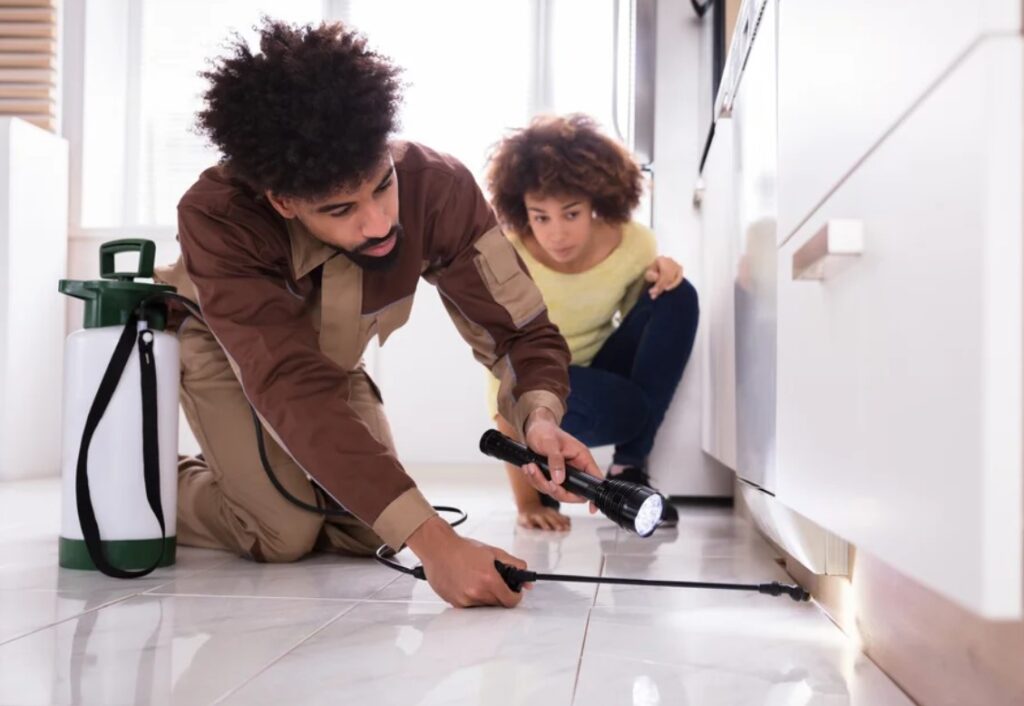
Navigating insurance claims related to pest damage can be complex. Understanding the legal aspects, such as the burden of proof and policy interpretation, is crucial. Homeowners should be prepared to provide detailed documentation and evidence of both the damage and their pest control efforts.
Seeking Professional Advice
In cases of significant damage and potential disputes with insurance providers, seeking professional advice from legal experts or insurance claim specialists can be invaluable. They can offer guidance on the intricacies of insurance claims and help ensure a fair outcome.
The Role of Professional Pest Control Services
Benefits of Professional Pest Control
Hiring professional pest control services can be a proactive measure that not only addresses existing infestations but also helps in preventing future ones. Professionals have the expertise and equipment to deal with a wide range of pests effectively.
Impact on Insurance
Utilizing professional pest control services can positively impact your standing with insurance providers. It demonstrates a commitment to maintaining the property and can be a factor in disputes over pest-related damages.
Conclusion
In conclusion, while homeowners insurance does not typically cover pest control, understanding your policy and taking preventive measures can protect you from significant financial losses. It is always advisable to consult with your insurance provider to understand the specifics of your coverage and explore additional options if necessary.
Top FAQ’s
How does preventative pest control affect homeowners insurance?
Regular preventative pest control can positively affect homeowners insurance. It demonstrates proactive property maintenance, which can be beneficial in the event of a claim for damages that are covered under the policy.
Can homeowners add pest damage coverage to their existing policy?
Some insurers offer endorsements or riders that can be added to a standard policy to cover specific scenarios related to pest damage. Homeowners should consult their insurance provider for options.
Are damage repairs from pests covered if they lead to other issues?
If pests cause damage that directly leads to an insured peril (like a burst pipe due to rodents chewing through pipes), the resultant damage might be covered, but the initial pest damage and extermination costs typically are not.
Does homeowners insurance cover temporary relocation due to pest infestations?
Homeowner’s insurance generally does not cover costs related to temporary relocation due to pest infestations. These costs are usually considered the homeowner’s responsibility.
A multifaceted professional, Muhammad Daim seamlessly blends his expertise as an accountant at a local agency with his prowess in digital marketing. With a keen eye for financial details and a modern approach to online strategies, Daim offers invaluable financial advice rooted in years of experience. His unique combination of skills positions him at the intersection of traditional finance and the evolving digital landscape, making him a sought-after expert in both domains. Whether it’s navigating the intricacies of financial statements or crafting impactful digital marketing campaigns, Daim’s holistic approach ensures that his clients receive comprehensive solutions tailored to their needs.
